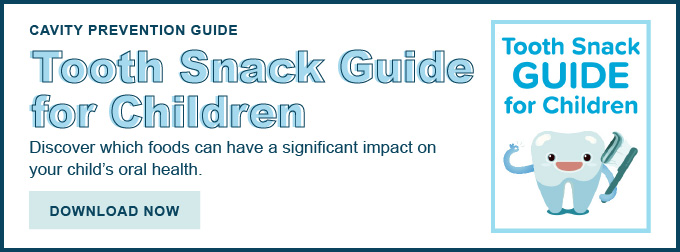We wanted to update everyone that our office closure has been extended through the 15th of…
Is it Bad to Sleep With Your Mouth Open?
It can be tough parenting today. With the constant onslaught of information on the internet, it’s hard to figure out which latest child-rearing information you should follow. Last year, everyone was worried about some information that was spread on social media concerning the perils of children breathing through their mouths while sleeping. The information blamed everything from daytime hyperactivity to obesity on night mouth breathing. So what’s the whole truth, and exactly how dangerous is it? Well, it turns out that breathing through the mouth while sleeping can be very bad for your health, but there are remedies to this problem.
To schedule an appointment with a pediatric dentist in Muscatine,
call (563) 607-5979 today
Sleeping With Mouth Open: Causes
There are many reasons for a child to sleep with his or her mouth open. The most common reason is nasal congestion. When you have a cold or allergies, it can be impossible to breathe through your nose. Oversized tonsils can also obstruct the airway enough that mouth breathing is the easiest way to get enough oxygen. Having asthma, or other breathing issues, can also contribute to mouth breathing. So of course, while dealing with these uncomfortable illnesses or symptoms, a person must breathe through their mouth.
Two other reasons a person’s mouth is open during sleep are persistent thumb sucking or a tongue-tie. Thumb sucking for comfort is a common behavior in babies, but when this behavior is prolonged into childhood, it causes the child’s mouth to hang open during sleep, possibly out of habit.
Tongue-tie is more physiological. A tongue-tie is essentially a tight connection of the tongue to the bottom of the mouth. This connection doesn’t allow full mobility of the tongue and often leads to breastfeeding problems in infants. The position of the tongue has a huge impact on mouth breathing, and people with tongue-ties cannot control the position of their tongue properly. This can be remedied by a simple outpatient surgery and follow up oral exercises.
Is It Bad to Sleep With Your Mouth Open?
In short, yes. Mouth breathing at night can be a major contribution to sleep apnea issues. Sleep apnea is a breathing disorder that contributes to chronic fatigue. When a person has sleep apnea, it means they are gasping for air through their mouths at night, partially waking them up, even if they don’t realize it. People with sleep apnea have trouble getting enough calm and well-rested sleep. This lack of sleep impacts all of your daily activities and your overall health. In children, this leads to trouble concentrating at school and possibly poor performance.
Sleeping With Mouth Open: Side Effects & Symptoms
Other than watching your child sleep, there are a few things you can look for to determine if your child is improperly breathing at night.
- Dry mouth, cracked lips. When you breathe through your nose, your nostrils take air in and transform it to your body’s temperature. It also moistens that air so your throat doesn’t get dry. Mouth breathing does not do this. Instead, dry cold air enters your lungs. This causes dry mouth and chapped lips.
- Bad breath. A dry mouth is more susceptible to infection and bacteria, causing halitosis.
- Chronic stuffy nose. If your child can’t breathe through the nose during the day, then they are definitely breathing through their mouth at night.
- An overbite. Mouth breathing promotes the growth of the upper jaw. An overbite may indicate persistent chronic mouth breathing.
- Difficulty paying attention at school or exhaustion after sleeping all night. This may be a sign that the sleep quality of your child is poor due to breathing issues.
Related: Help! My Child Has Bad Breath That Smells Like Poop!
How to Train Your Kids to Sleep With Their Mouth Closed
So how can you help someone to stop mouth breathing at night? There are a few simple tools that are safe and easy.
1. Make sure your child is breathing through their nose during the day.
Sometimes the habit of mouth breathing can carry over into the daytime. So if they are watching TV or reading a book with their mouth hanging open, gently remind them to close it.
2. Good posture can also contribute to correct breathing.
Slouching may cause the face to jut forward unnaturally and can also be a signifier of mouth breathing. Ask your child to stand or sit up straight.
3. Make sure your child has clear nasal passages.
Nasal congestion is the most common reason for mouth breathing. If your child is sick, it’s a good idea to prop their heads up with some pillows at night to help with drainage to keep their airways clear. Side sleeping is also beneficial to those children who tend to mouth breathe.
Related: Child Dental Care Tips for Great Oral Health
If you suspect your child may breathe through their mouth at night, a thorough dental exam can help diagnose this issue. A dental professional can also offer appropriate tools for your child, such as special mouth guards, that can help remedy night mouth breathing. They can also suggest any procedures that may help, such as releasing a lingual frenulum (tongue-tie). By helping your child to sleep soundly through the night, you can help them to achieve better health over the course of their life.




